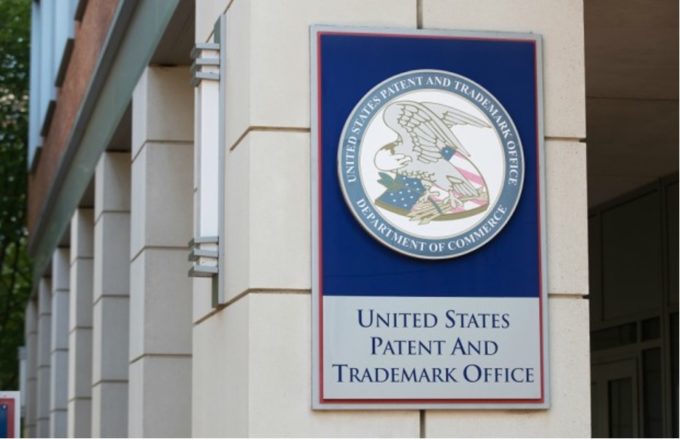In July 2021, President Biden issued an Executive Order on promoting competition in the U.S. economy. Among other measures, the Executive Order called for action “to help ensure that the patent system, while incentivizing innovation, does not unjustifiably delay generic drug or biosimilar competition beyond that reasonably contemplated by applicable law."
Against this backdrop, the U.S. Patent and Trademark Office (USPTO) has issued a series of Federal Register Notices highlighting increased scrutiny of patents for the pharmaceutical and biologics industries.
Heightened Focus on Duty of Disclosure
First, in a Federal Register Notice published this past July, the USPTO emphasized the duty of patent applicants to disclose relevant information to the USPTO. Additionally, the Notice clarified the duty of patent applicants to perform a reasonable inquiry to “confirm the accuracy and consistency” of statements made before the USPTO.
Although applicable to patents in any field, the Notice emphasized patents in the pharmaceutical industry, citing Biden’s Executive Order on promoting competition and access to medicines.
In particular, USPTO Director Kathy Vidal explained that the USPTO’s heightened focus on disclosure requirements was one step to “ensure that drugmakers disclose relevant statements they have made to other agencies, such as the FDA, when seeking patent protection for their pharmaceutical products at the USPTO.”
According to Vidal, more robust and reliable patents should result from improved disclosure, which she says would promote drug innovation without unduly delaying the availability of generic versions of those drugs.
USPTO Request for Comment on Initiatives to Ensure Patent Robustness and Reliability
Second, USPTO issued a Request for Comment (RFC) in October 2022, asking for public input on a number of proposed changes that, if enacted, would significantly change current patent practices.
Like the earlier Notice regarding disclosure requirements, the background of the RFC referenced Biden’s Executive Order as motivation for the initiatives. In addition, the RFC referenced a June 2022 letter from six United States Senators regarding their concern that “large numbers of patents that cover a single product or minor variations” on a single drug product “impede generic drugs' production.”
By way of background, applicants can file multiple patent applications (referred to as “continuing applications”) based on an initial disclosure with the USPTO. If the USPTO considers a later-filed application to be an obvious variant of an earlier patent owned by the applicant, it may issue a double patenting rejection. Under current practice, applicants can file a terminal disclaimer to obviate the double patenting rejection by disclaiming any additional term for the subsequent patent.
The questions raised in the RFC include a series of questions addressing continuing application practices, including:
- Whether the USPTO should increase requirements for applicants to explain support for patent claims filed in continuation applications claiming the benefit of earlier-filed applications.
- Whether the USPTO should eliminate terminal disclaimers, which in some cases allow applicants to obtain separate patents protecting “obvious” variants of an invention by disclaiming additional patent terms.
- Whether patents terminally disclaimed over each other should stand or fall together with respect to their validity.
- Whether there should be heightened examination requirements for continuation patents, to ensure that “minor modifications” do not receive additional patents.
- Whether the USPTO should increase fees for continuation applications.
The deadline for submitting comments has been extended to February 1, 2023.
Increasing USPTO-FDA Collaboration
Finally, in November, the USPTO and the FDA jointly issued a third Federal Register Notice (the “USPTO-FDA Notice”) to advance Biden’s Executive Order on promoting competition and greater access to medicines.
The USPTO-FDA Notice announces a joint public listening session and requests written comments on areas for collaboration and engagement between the agencies. These initiatives include exploring how the USPTO can best ensure consistency in representations made to the USPTO and the FDA, revisiting patent term extension (PTE) practice.
Other initiatives discussed for USPTO-FDA collaboration include further exploration of concerns regarding continuing patent application practices, and of patent term extension based on FDA regulatory review periods.
The public listening session will be held on Thursday, January 19, 2023, from 10 a.m. to 5 p.m. ET.
